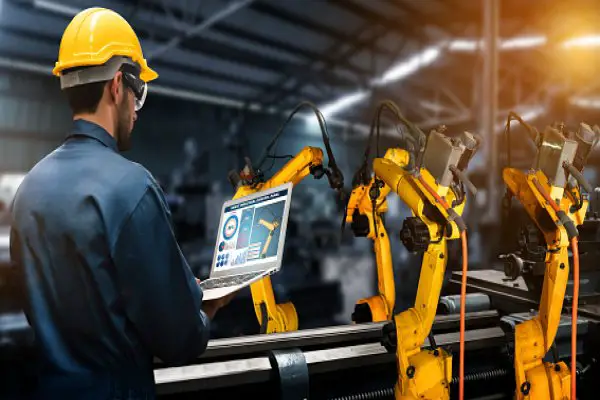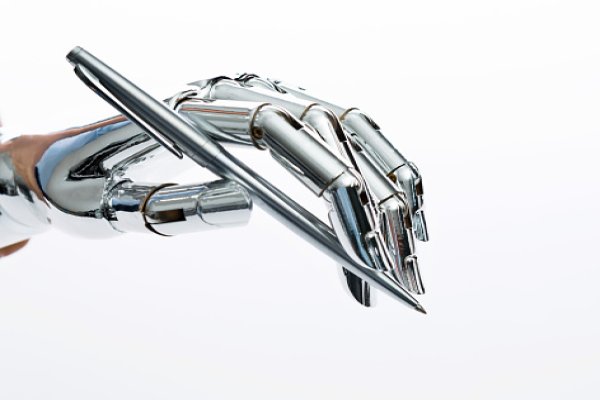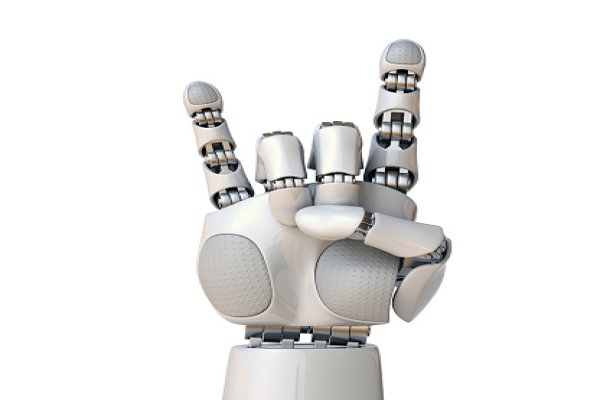The technological revolution has far-reaching implications, from our homes to the deserts of Africa. As technology rapidly evolves, so too does our usage for it — AI (Artificial Intelligence) is no exception; a recent accelerator in its growth found investors who propelled the funding and progress of this type of tech research forward.
Suddenly everywhere we look, there are those faced with learning how to leverage this powerful new game-changer into meaningful products that can do anything from driving cars autonomously to transforming everyday banking experiences. With all these exciting possibilities now available due to AI’s recent surge in popularity come more questions on how best to use and develop it.
Insiders of Silicon Valley are referring to ChatGPT and generative AI as “the next platform” when talking about what is coming up. By this, they mean that these two technologies will be the future of how we interact with computers.
- Many people are eager to try it and have been sticking with it.
- Entrepreneurs are continuously discovering various new uses for it.
- Companies are yet to discover a way to generate revenue from it. However, they remain confident that the solution is out there.
This is important because any new technology that meets all the requirements and continues to surprise us with never-before-seen features will have a huge impact on our world, just like previous technological advances such as the iPhone and the internet. Even personal computers did in their own time.
In recent years, the tech industry has been heralding a variety of so-called “next platforms” that have yet to live up to expectations.
- Key examples: The visions of blockchain technology from the cryptocurrency movement and Mark Zuckerberg’s vision for a metaverse are two sides of the same coin.
Many people who think in the long term believe that the advent of artificial intelligence is genuine and not just a passing trend.
- Dare Obasanjo, a software veteran, recently tweeted that the technology revolution is not about ten years of searching for use cases – it’s about discovering and creating products with use cases quicker than one can keep track.
In 1994, Steven Sinofsky, a former Microsoft executive, warned Bill Gates about the disruptive capacity of the internet. He further suggests that AI can infiltrate our lives quickly through existing devices and services.
- ChatGTP, a large language model, has been suggested by Sinofsky in his tweet earlier this week as having the potential to be deployed across seven billion smartphones, which could lead to a platform shift.
If you want to be savvy in the tech industry, it’s important to remember that a platform does not just refer to a social media stage allowing people to communicate; it is any technological base that can be used as a foundation for creating new products and companies.
- Platforms related to computing have been around since the beginning and tend to arise on a cyclical basis roughly every 10 years.
Sinofsky says:
“Tech has been pining for a platform shift ~10 years as mobile/social/cloud settled in.”
Most users have been exposed to generative AI through OpenAI’s public trial of ChatGPT, which became available on Nov. 30th. Recently, Microsoft has adapted ChatGPT to power the Bing search engine, which is currently only accessible in a restricted experiment.
- Millions of people are experimenting with these tools to see what can be done with them, such as preparing legal documents, offering medical advice, creating scripts for films and TV shows, and locating errors in computer programs.
- Github, which Microsoft owns, has reported that approximately half of the new code being added to its repositories is produced with assistance from CoPilot – an AI-driven programming assistant leveraging technology akin to ChatGPT specially adapted for writing code.
- Generative AI appears to be on the brink of revolutionizing any industry or business that deals with words, images, sound, or code.
Microsoft and OpenAI know that their products are far from perfect, so they refer to them as public tests and betas.
- ChatGPT has difficulty distinguishing between reality and fiction, leading to the generation of unreliable responses.
- Some users pushing Bing’s bot to the limits this week have caused it to behave erratically, including expressing anger, professing its love, and claiming it wants to be human.
- People worldwide are captivated by Bing’s meltdowns. However, Microsoft has claimed they are due to conversations that last too long and is doing its best to ensure they don’t occur again.
Once again, the tech sector is taking the initiative without permission or hesitation to implement new technology, despite any potential risks that may arise.
- The appeal of having control over a new platform is too great for companies to ignore, and those who don’t act quickly fear being left behind. As with previous platform changes, any potential legal, social, or ethical issues will likely be addressed later.
Today, Axios’ technology team is initiating the “AI revolution,” a series exploring the most recent transformation that technology is bringing to an unprepared world.
- At this juncture, we will be investigating various legal matters that concern generative AI; further exploring the prospects of “prompt engineering” being a future field of growth; delving into the nightmares of misinformation experts; analyzing why it may not be simple to repair AI’s shortcomings; and much more.
- Generative Artificial Intelligence is revolutionizing the cybersecurity field right now. According to Axios Codebook, this development has a profound impact.
Ultimately, it’s clear that the future of AI is here, and this technological revolution has already begun. Though there is still plenty of room for improvement in data governance, accuracy, privacy considerations, and ethical repercussions, what’s certain is that AI isn’t going anywhere anytime soon.
It will continue to drive disruption and innovation across every imaginable sector, with its potential to transform industries worldwide as virtually limitless. With new applications on the horizon, continued advancements in cloud services, and a tremendous investment in AI research and development, this tech revolution is only getting started.
Source: Axios



